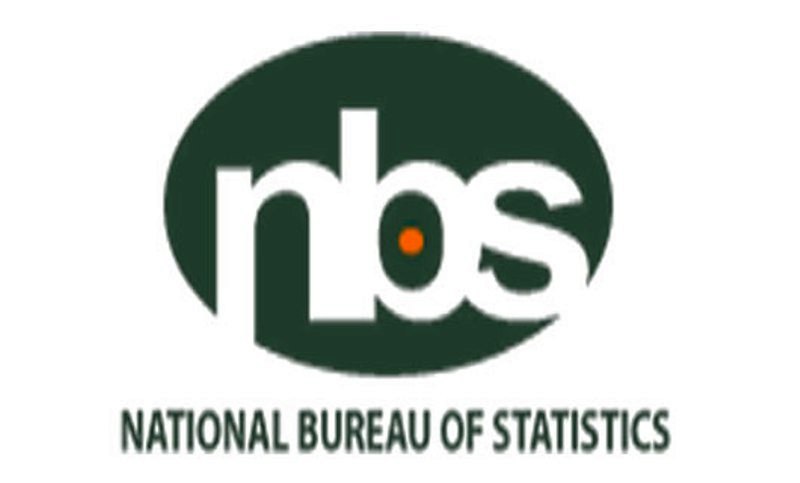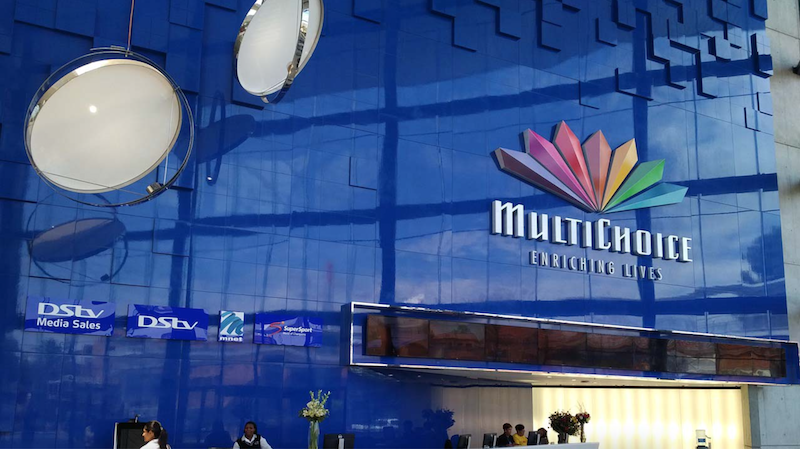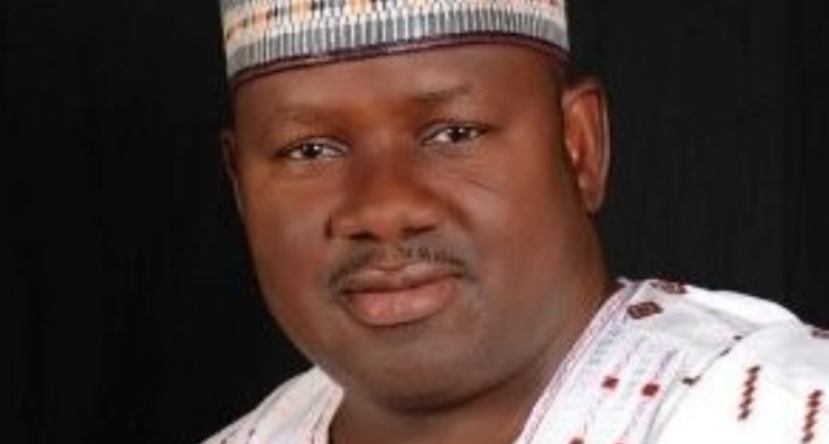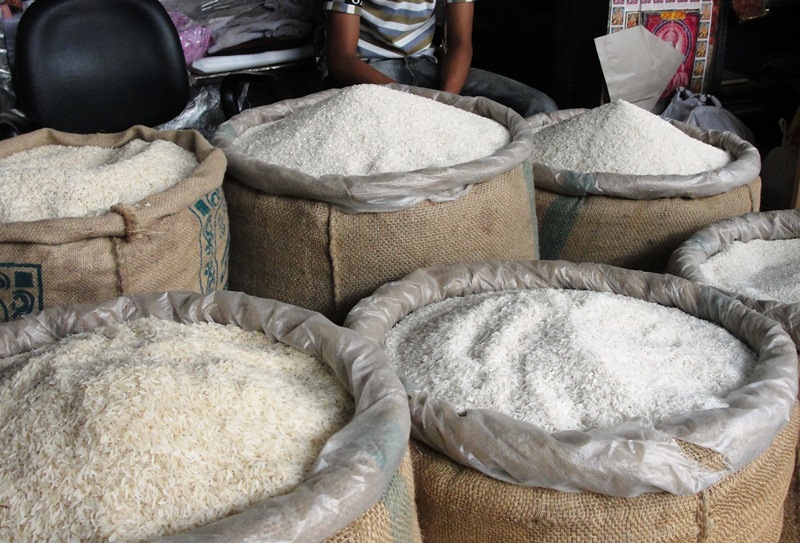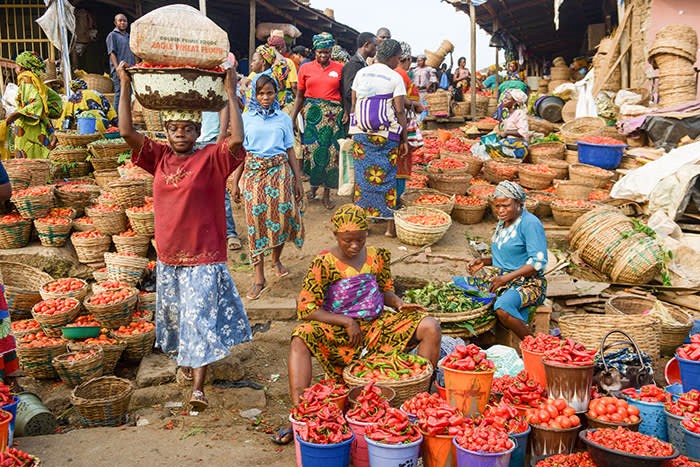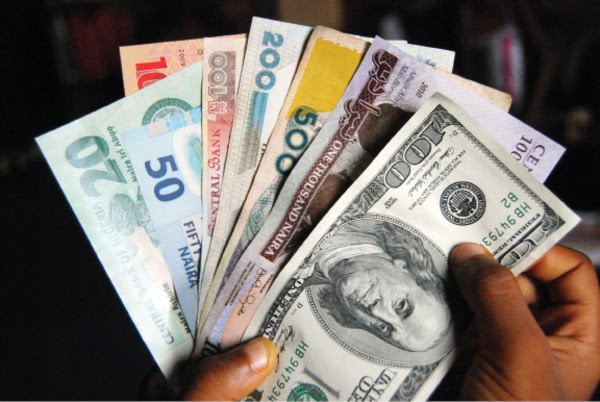Mr Simon Harry, the Statistician-General of the Federation, says the present fuel crises being experienced across the nation may have adverse effect on inflation rate.
He said this on Tuesday in Abuja, at a media conference to announce the January 2022 Consumer Price Index (CPI).
Harry said that the fuel crisis would create an artificial shock in the economy and that the shock was capable of shaking the economy.
“Whether we like it or not, transporters will be taking advantage of the situation, thereby, increasing the costs of transportation.
“As you are bringing your commodities to the market for sale, you will be thinking of adding some amount on the selling costs so that you will be able to recover the costs of transportation.
“So that gives us a negative signal that is capable of affecting not just inflation rate, but also other macro-economic variables such as the Gross Domestic Product (GDP) and even the unemployment rate.
“I can however, assure you that certainly it is not the best for the economy and if we must maintain a stable macroeconomic environment, this kind of crisis certainly is not the best for it is not needed.’’
He added that because the economy was strongly being driven by the private sector, the shock may affect a good number of private businesses as they may not be able to run effectively as expected.
He, however, said that the February inflation rate could not be predicted based on the present fuel crisis as the numbers were still being collected.
On the present rate, the statistician-general said that CPI for January was 15.60 per cent from 15.63 per cent recorded in December 2021.
However, on year-on-year basis, it was 0.87 per cent points lower than the rate recorded in January 2021 (16.47) per cent.
Harry said that the headline index increased by 1.47 per cent in January, 0.34 per cent points lower than 1.82 per cent recorded in December 2021.
According to Harry, core inflation for January was 13.87 per cent, the same with that of December 2021, while food inflation for January was 17.13 per cent compared to 17.37 per cent in December.
He also said that urban inflation rate stood at 16.17 per cent year-on-year in January, same with that of December 2021.
“On the other hand, rural inflation was 15.06 per cent and 15.11 per cent in and December, 2021 respectively.
“On state by state comparison, all items inflation on year-on- year basis was highest in Abuja with 18.59 per cent followed by Kogi with 18.28 per cent and Bauchi 17.61 per cent.
“On the other hand, Kwara recorded the lowest with 12.94 per cent followed by Niger with 14.10 per cent and Oyo, 14.19 per cent.’’
Harry added that composite food index rose by 17.13 per cent in January 2022, compared to 20.57 per cent in January, 2021.
The rise in the food index was caused by increases in prices of bread and cereals, food product such as potatoes, yam and other tuber, soft drinks, oils and fats, and fruits.
“On month-on-month basis, the food sub-index increased by 1.62 per cent in January,, which was down by 0.57 per cent points from 2.19 per cent recorded in December, 2021.
“The All items less farm produce’’ or Core inflation, which excludes the prices of volatile agricultural produce stood at 13.87 per cent in January, 2022.
“This was higher by 2.02 per cent, when compared to 11.85 per cent, the rate recorded in January, 2021.’’
He said that the highest increases were recorded in prices of electricity, liquid fuel, wine, tobacco, spirit, solid fuels, cleaning, repair and hire of clothing.
Others are shoes and other foot wear, other services in respect of personal transport equipment, other services not elsewhere classified and pharmaceutical products.
For food inflation, on state by state basis, Harry said on a year-on-year basis it was highest in Kogi with 22.61 per cent followed by Enugu with 19.84 per cent and Akwa-Ibom 19.67 per cent,
Meanwhile, Sokoto had 14.18 per cent, Bauchi 14.63 per cent and Kaduna 15.01 per cent as the lowest in January.
